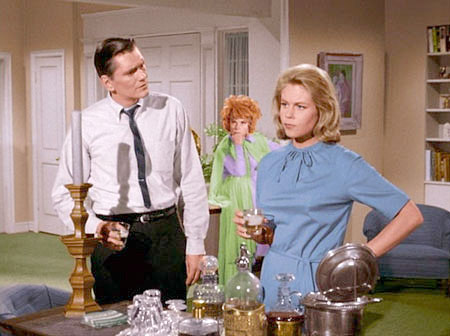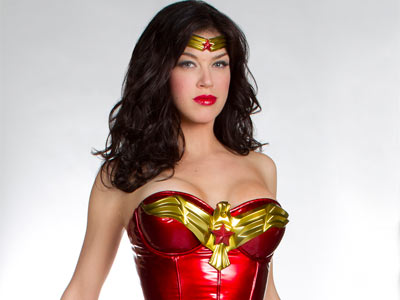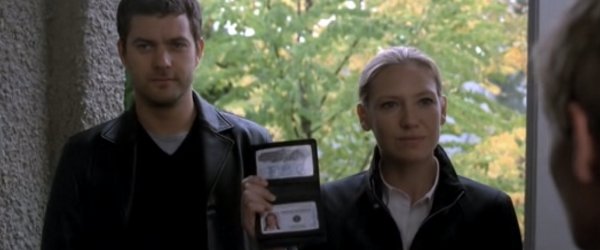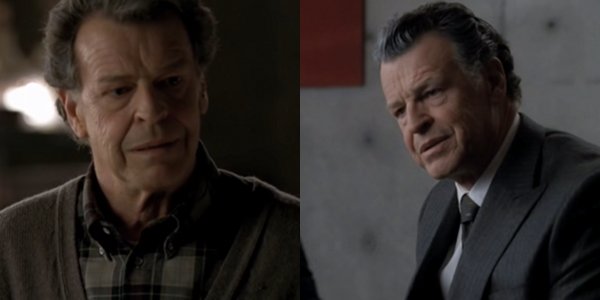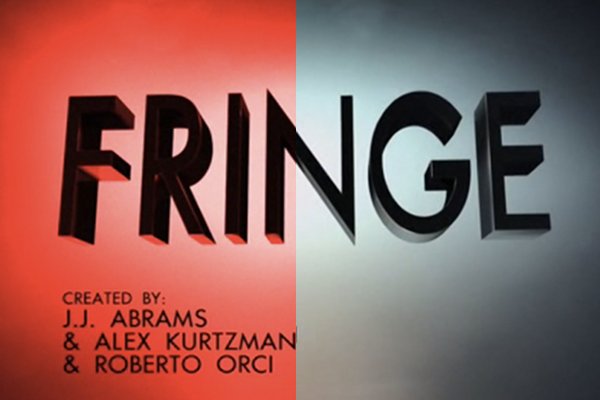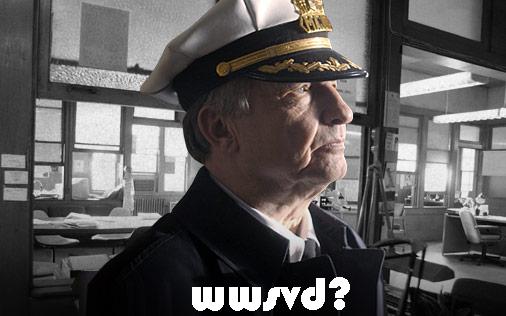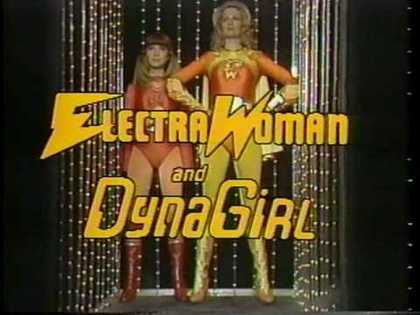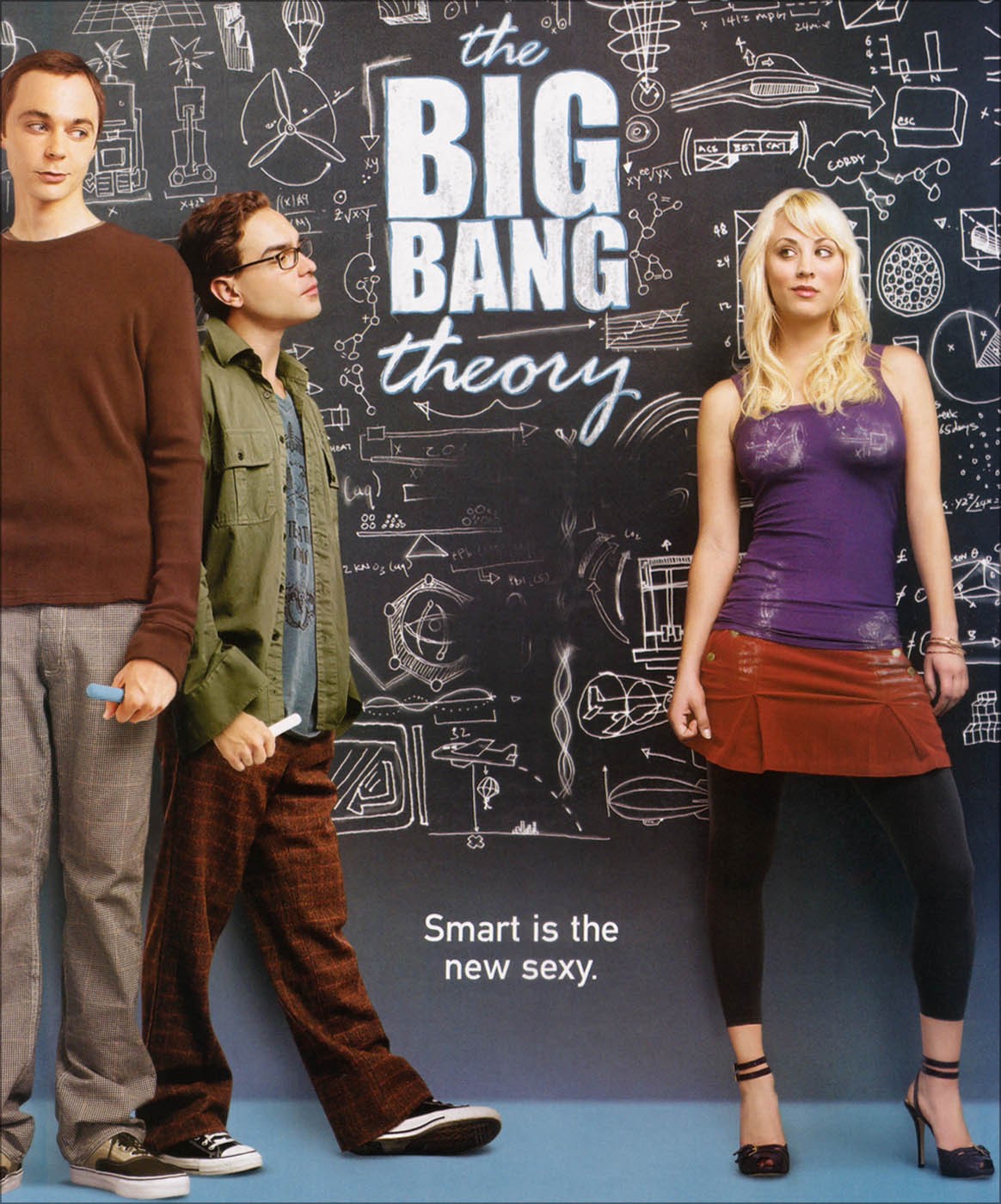Many people know of, if they do not remember, the classic 1960s television show Bewitched, starring Elizabeth Montgomery. However, for those of you who don’t remember it, here is a quick refresher on the premise: Montgomery plays Samantha, who is highly independent. Her husband, Darrin, bids Samantha to hide her superior self-sufficiency, and for the most part, Samantha complies. Sometimes she doesn’t, and wacky hijinks ensue.
The premise is laid out in the very first episode. On their wedding night, Samantha reveals to Darrin her cosmopolitan background. With her mother, Samantha has lived in a bohemian style that differs from many women of the early 1960s. She’s used to supporting herself, and has a college degree. She’s willing to give it all up to be married to Darrin, but Darrin is disturbed. Soon his attraction to Samantha overwhelms his qualms, but after the wedding night, he warns Samantha, “It won’t be easy. It’s tough enough being married to an advertising man if you’re normal. [. . .] I mean you’re going to have to learn to be a suburban housewife. [. . .] You’ll have to learn to cook, and keep house, and go to my mother’s house for dinner every Friday night” (1×01, “I, Darrin, Take This Witch, Samantha”).
“Darling, it sounds wonderful!” Samantha tells him. “And soon we’ll be a normal, happy couple with no problems, just like everybody else. And then my mother can come and visit for a while and—” At this point Samantha stops, seeing the look on Darrin’s face. Realizing her mother is the very person who instilled her with the fiery independence Darrin so loathes, Samantha backs down.
In the second half of the episode, an old flame of Darrin’s—Sheila Summers—learns that he is recently married. Sheila knows how to keep house, cook, and act as hostess—which she proves by inviting Darrin and Samantha to a dinner party. At the party, she attempts to outclass Samantha. Her experience in entertaining is obvious, she flirts with Darrin, and she continues to let fly clumsy verbal barbs in Samantha’s direction. At last, unable to contain herself, Samantha lets loose against Sheila, delivering such an articulate dressing-down that the entire table remains stunned and incredulous in the face of Samantha’s lingual acumen and wit. Darrin, however, reprimands her she promised to give up that “stuff.”
Not only does he ask her to hide her intelligence, but he is appalled even when she uses it in the privacy of her own home. He is not just asking that she give up the trappings of her former life: a career or any life she might have had outside of caring for him. Housewifery, indeed, can be a career, and Samantha would make it an intriguing one. He is asking instead that she give up something more intrinsic: the very power and abilities that would give her the means to live without him. The message is clear: she is meant to exist only as an accessory to Darrin.
Darrin appears to desire this because it is “normal.” Again and again, Bewitched tells us that it is “normal” that a woman should exist as a mere ornament to cook and clean for her husband, and make him look good at parties. When Samantha acts outside of these parameters, Darrin reprimands her. When she acts within them, but uses special skill or intelligence to solve problems, Darrin again reprimands her.
The subtext—at times, explicitly made text—is that Darrin resents the fact that his wife is more savvy and talented than he is. While Darrin makes it clear that he finds Samantha’s ability to fend for herself unnatural, it also becomes evident that he asks her to hide her skills less because they are strange in and of themselves, and more because the fact that she is, in effect, more powerful than he is damages his ego.
The “unnaturalness” of Samantha’s abilities is fundamental to the central premise. At one point Darrin tells Samantha that he loves her for herself, and doesn’t need any of the “extra,” revealing that he does not regard anything that makes Samantha strong as a part of who she is. He demonstrates a complete lack of understanding of the various factors which may have informed Samantha’s character.
No doubt Samantha’s self-sufficiency is related to her socioeconomic status. While the focus of Bewitched is on Samantha’s powers of intellect, we are given hints that she also may be powerful due to wealth. Wealth gives Samantha a financial autonomy that Darrin demands she forsake. In fact, there is an episode in which Darrin receives the benefit of Samantha’s wealth: he is laid up from a sprained ankle; Samantha buys him everything he requires, including a nurse to see to all of his needs. While Darrin obviously enjoys being pampered, by the end of the episode he decides he would rather work in order to earn what he wants, and Samantha takes back everything she purchased. Again, this is what is considered “normal” (1×17, “A is for Aardvark”).
Samantha’s socioeconomic status may be related to her culture, though obviously the latter is not causal to the former. Bewitched suggests that Samantha and her mother may be of a different ethnicity or religion. Samantha is attempting to “pass,” whereas her mother demands that she embrace her heritage. Darrin, in typical fashion, requests that Samantha hide all evidence of her background, and sometimes is outright bigoted toward her culture. In “The Witches Are Out,” Darrin’s art for an ad-campaign portrays the very stereotype that has been applied to Samantha in the past (1×07). He doesn’t understand why she finds his ad offensive. In the same episode, Darrin suffers a nightmarish vision in which all of his children take after Samantha, demonstrating the more stereotypical behaviors of someone of her background.
Although Samantha is frequently offended or angered by Darrin’s prejudices, she submits to the ultimatum that she refrain from using her superior intellect or skills, and that she hide her background from other people. Not only does Samantha submit, she seems eager to participate in this form of indentured servitude. When she uses her powers to solve a problem, give people their just due, or enjoy herself a little, she seems apologetic, often admitting she shouldn’t have done so. Her ultimate goal, she claims, is to be a normal wife, which apparently means cooking and cleaning without bringing any of the creativity or flare to it that her heightened intellect might warrant.
A prime example of Samantha’s desire to submit is the episode, “Witch Or Wife” (1×08). Samantha goes to Paris with her mother (again, a reference to her wealthy background) without informing her husband first. He is upset, but Samantha going to Paris causes him not only to reflect on her behavior, but the entire circumstances of their marriage. At last he concludes that he is standing in her way: “You can’t expect to snatch an eagle out of the sky, tie it to the ground, clip its wings, and expect it to walk around with a smile on its beak.”
Samantha tries to apologize, but Darrin goes on to say that no one could blame her for her behavior. It’s one of the only times that Darrin seems to understand that his terms for their marriage dictate that she behave in a way that is not natural to her. “This is a poor swap for Europe, glamor, and gaiety,” he says (again referencing Samantha’s rich—and cosmopolitan—background).
But Samantha replies by saying, “All I want is the normal life of a normal housewife.”
“I’m saying I’m not going to stand in the way of your freedom,” Darrin goes on, “and that’s obviously what you want.”
“That’s not true,” Samantha says, making it very clear that Darrin standing in the way of her freedom is precisely what she does want.
Samantha, as an intelligent an independent woman, has obviously made this decision of her own accord. She claims she wishes to give up her intelligence and skill because she loves Darrin. The implication that love demands submission and sacrifice of our assets and skills is upsetting, but this is Samantha’s individual choice.
More unsettling is the sense from the show that Darrin’s expectation that she make that choice—that she accept the clipping of her wings—is perfectly normal. There are very few moments where the audience is given to question why Darrin would want her to be less than she is; instead, the premise seems to be just a given. The idea that what they both want is “normal” is never called into question. A “normal” household in the 1960s, Bewitched suggests, is one in which wives, if they are more intelligent or skilled than their husbands, hide their abilities such that their husbands are shone in the best light, and their egos don’t get bruised.
The only one who questions this situation is Endora, Samantha’s mother. Endora, rather than rejecting her freedom as Samantha does, embraces it. In doing so, she makes use of her considerable intelligence and wealth. She also does not seem to care if she appears “unnatural,” almost always appearing in eccentric dress (possibly culturally influenced). Over and over again Endora tries to point out to Samantha that she is enslaved; Darrin is denying her her freedom. Samantha, however, thinks her mother is wrong, as does Darrin.
The text of the show itself seems to suggest that Endora is wrong. Her frequent protests are met with the sound of a laugh track, and the characters react to her with a typical, “this is how mothers-in-law will be!” attitude. And yet, on some level the writers of the show seem cognizant of the indignity of Samantha’s situation, and Darrin’s unreasonableness in demanding that she submit to it. Darrin’s speech about the eagle in “Witch or Wife” is evidence of that.
Yet the premise of the show must be maintained; Samantha must refrain from using her powers and pretend she does not have them, and Darrin must continue to ask that she do so. By the end of every episode, we are returned to the status quo: a world in which it is normal to request that a woman never be more powerful than a man, and to forsake her intelligence, wit, and talent in order to cook and clean.
Bewitched could have been a metaphor for many different things. It could have been a very insightful show about a woman who has to keep elements of her background a secret, and the partner who has to help keep that secret. But because the secret that has to be kept is the fact that Samantha is more powerful than her husband, it is instead a show about gender politics, and repression in the 1960s.
I was watching Bewitched with a man approaching sixty years of age the other day. As we incredulously viewed the spectacular amount of sexism unfolding before our eyes, he said, “Just think: I was raised on this.”
The series itself is charming: Elizabeth Montgomery is as bewitching as the title suggests; her intelligence and wit truly sparkle, and Darrin is a bumbling fool who is amusing to watch. It would be possible to view this program, even today, and forget what the show is really about. But as magical as our media is these days, it is important to consider the true implications of what our symbolism and metaphors mean.

